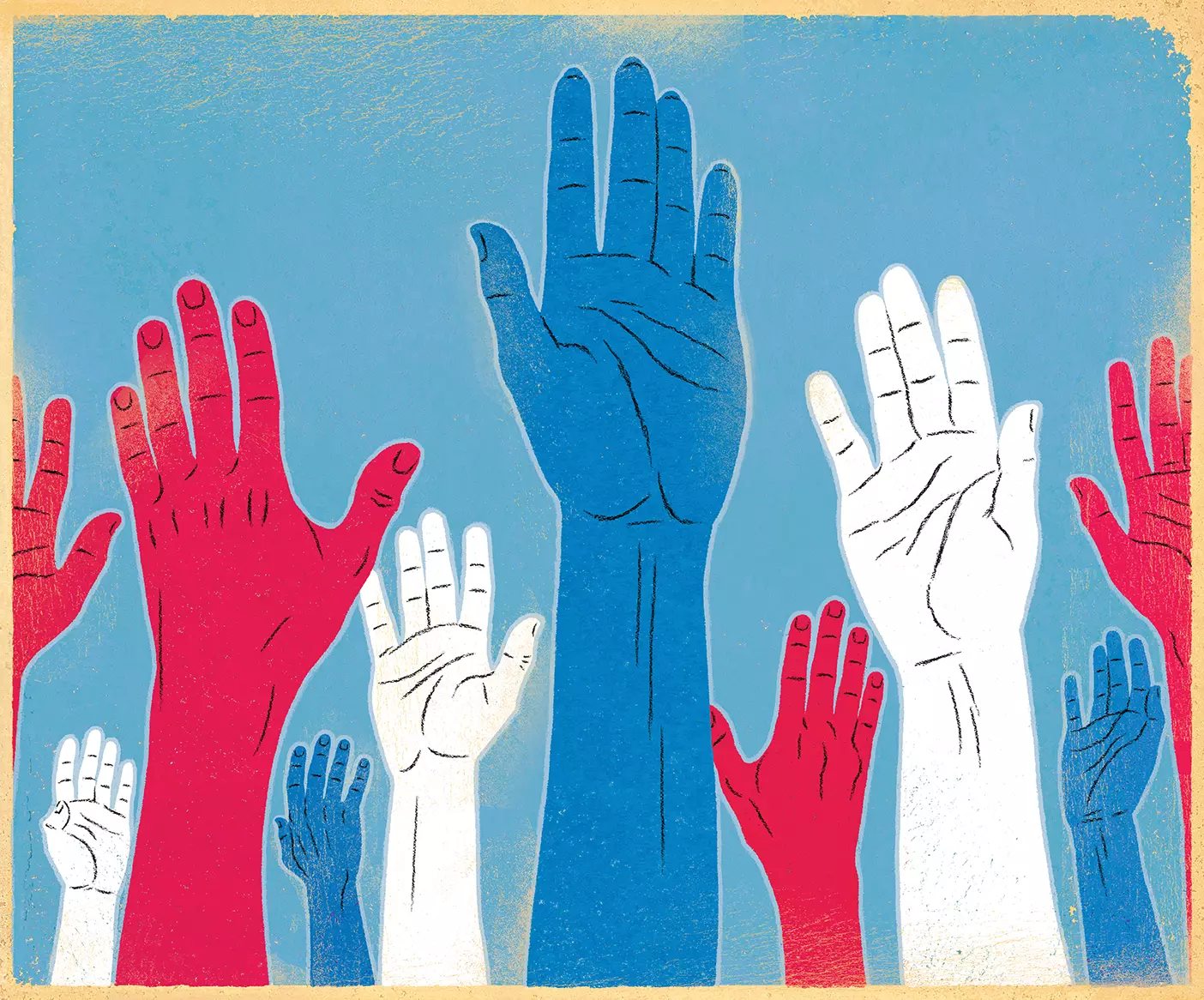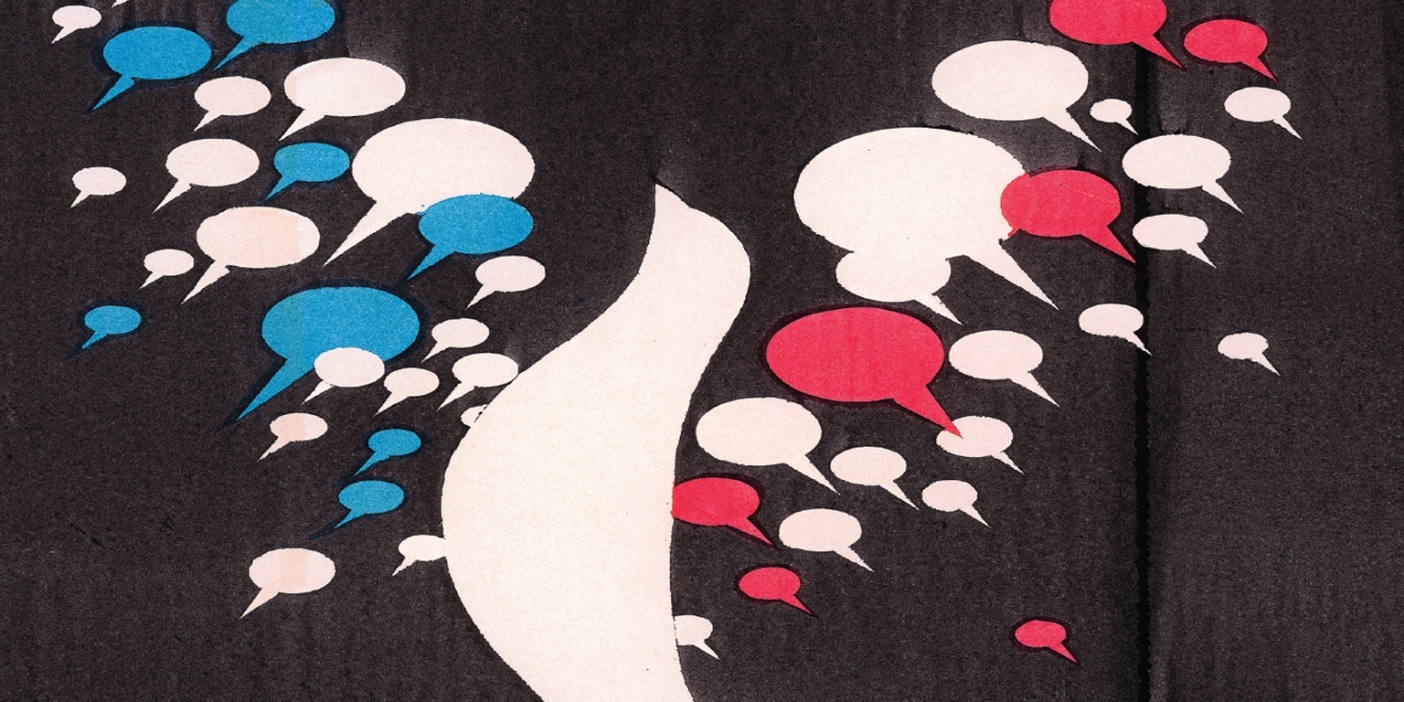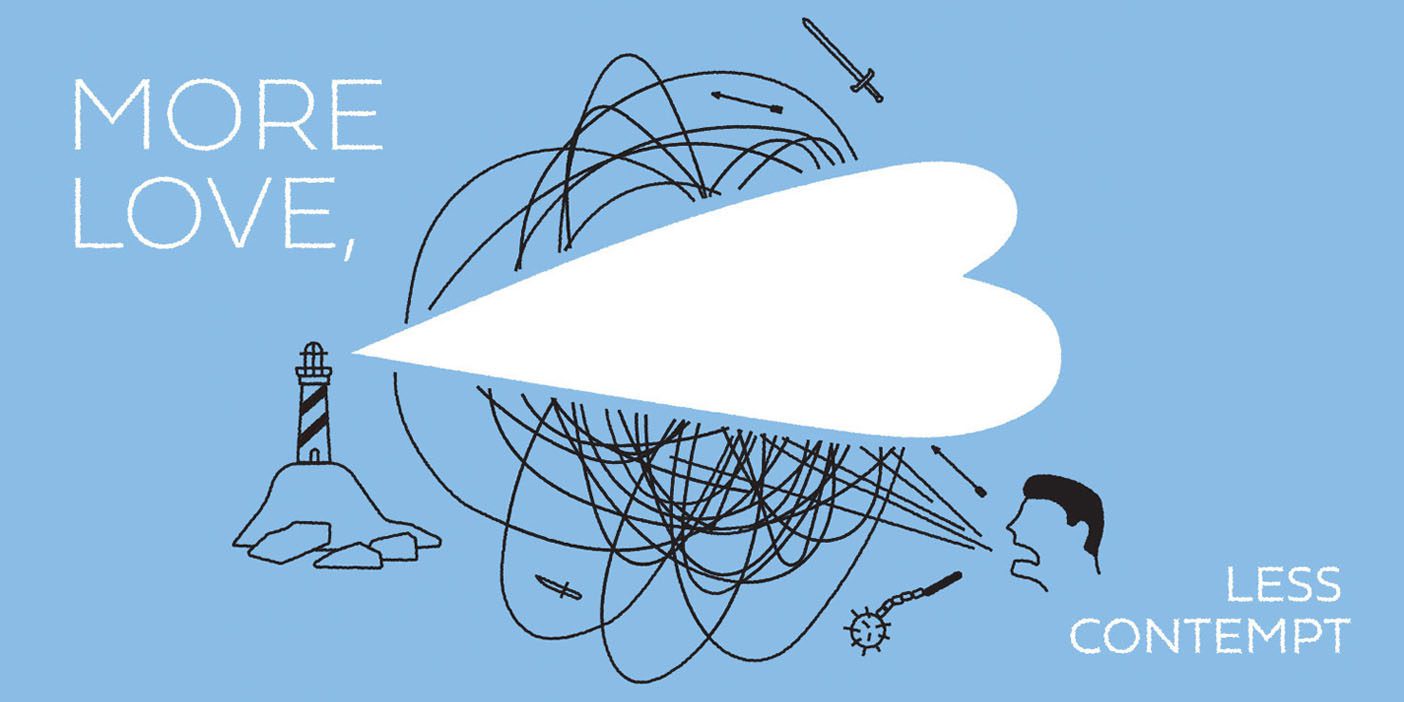How do we avoid the trap of cynicism?

Each semester I do an activity with my political-science students. I ask them for synonyms of faith— belief, conviction, trust, fidelity; hope—optimism, expectancy, anticipation, confidence; and charity—love, kindness, generosity, selflessness. We talk about how faith in the Atonement of Jesus Christ leads to hope in God’s love and confidence that He will help us heal from everything that limits, hurts, or harms us. These feelings open space in our hearts for charity because the risks associated with kindness, trust, and generosity are lowered.
Then I ask my students for antonyms of faith—fear, disbelief, distrust, doubt; hope—despair, pessimism, gloom, discouragement; charity—selfishness, hate, apathy, enmity. We talk about how fear makes us insecure, leading to anxiety and pessimism. Ultimately, we turn to selfishness, apathy, or hatred as defense mechanisms. There is so little room for charity when we feel like we are all on our own.
What does this have to do with politics? While we easily affirm the value of acting in faith, hope, and charity in our families, friendships, and neighborhoods, when it comes to politics, we often walk the pathway of fear, insecurity, and hostility. We call it “being realistic” or “not being naïve.” We believe that everyone in politics acts in self-interest. Perhaps we see that politics can be messy, contentious, slow, and disappointing.
I try to remember that I have covenanted to be a person of faith, hope, and charity and school my thoughts—and behavior—accordingly.
Such cynicism believes it is foolish to hope for a better world and especially foolish to act on that hope. What is most seductive about cynicism is that it allows cynics to feel superior while also excusing them from actually doing anything. If politics is a lost cause, then one might as well just check out. Cynicism is one of the chief impediments to engaging with politics (or any other tool of change) in a faithful, hopeful, charitable, and sustainable way. The end of this road is apathy, an antonym of charity.
How do we fight cynicism and reclaim hope? I use two strategies: First, I try to remember that I have covenanted to be a person of faith, hope, and charity and school my thoughts—and behavior—accordingly. That doesn’t mean putting my head in the sand. I can see the bad very clearly and still approach it as a challenge to address rather than a foregone conclusion.
Second, I try to remember that cynicism is a defense mechanism: when we try, failure is a possible outcome, and failure is painful. The only antidote I have found is to acknowledge my fear and try to remember that God will take care of me.
We read that “faith is the substance of things hoped for, the evidence of things not seen” (Heb. 11:1). I have come to understand the scripture this way: true faith leads to substantial action in the direction of the good things we hope for. As we act we make the things we hope for much more likely to appear. Occasionally this happens through reason-defying miracles, but more often it happens through hard work that is inspired, magnified, and sanctified by God.
How do I fight the urge to opt out amid the ugliness of the world? I remember my faith in God’s perfect love—and its perfect manifestation, the Atonement—and lean into the hope that comes from this. Once recentered on this foundation, I find more space in my soul to take the risk of trying to make beauty out of ashes through patience, sincerity, and love.

Jessica Preece is an associate professor of political science at BYU.
This article is adapted from the essay “On Being a Disciple of Hope” (BYU Studies, vol. 61, no. 1, p. 270). The full text is available online at byustudies.byu.edu.












